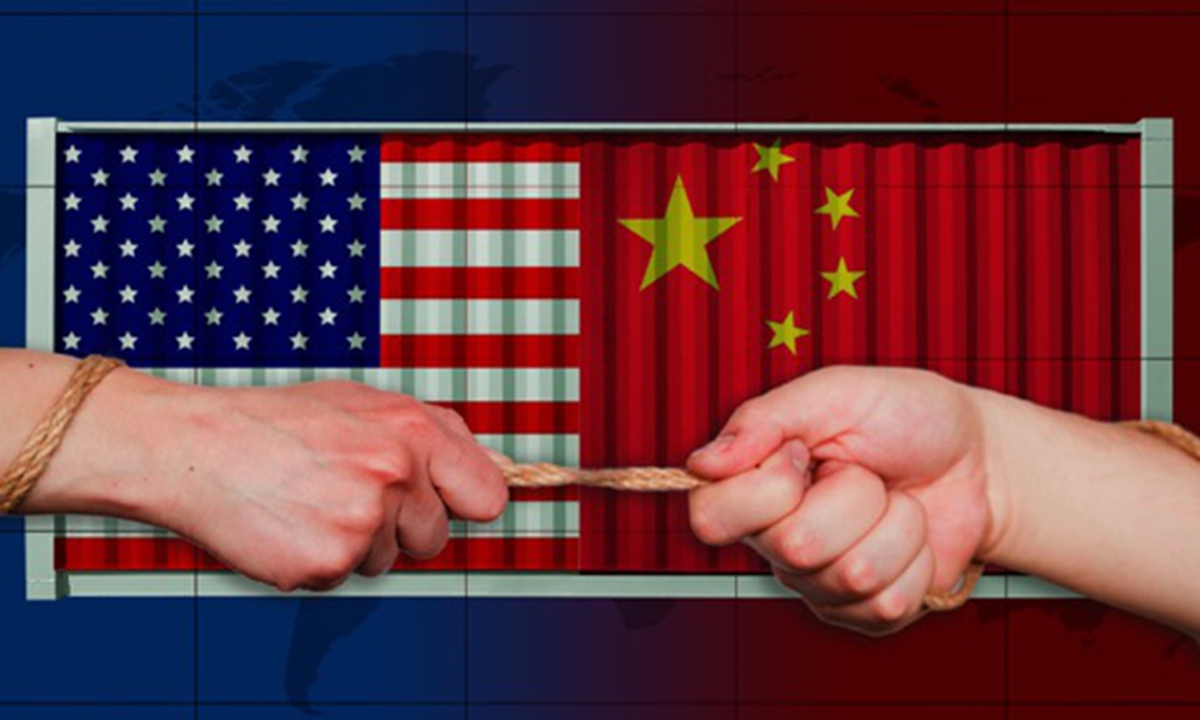Don’t Be Deluded About US-China Relations, but Don’t Give Up
(China) on 8 November 2020
by (link to original)
Most analysts believe that the high-intensity conflict launched during Trump’s administration, including the trade war, have reset the general nature of China-U.S. relations and changed the overall thinking of the U.S. elite about China. Biden will manage China-U.S. relations and maintain a tough attitude toward China. We can’t dismiss the prospect of seeing increased U.S. activity regarding what it calls “human rights” issues in Xinjiang and Hong Kong, for example. In other words, the tension in China-U.S. relations won’t be going away.
However, it should also be noted that since the beginning of this year, the great amount of pressure Trump has put on China was due to the administration’s decision to make it a major campaign strategy. It believes that the harder they are on China and the more indiscriminately they blame it for the U.S. failure to combat the epidemic, the more votes it will win. As a result, this year, the U.S. has made a deliberate attempt to create tension with China through its foreign policy.
We believe it’s possible to rectify the situation. Beijing should make every possible effort to communicate with Biden’s staff and work to restore strained China-U.S. relations, so they are more predictable.
For starters, China-U.S. relations could be greatly improved with regard to fighting COVID-19. Upon taking office, the most important task Biden must accomplish is controlling COVID-19, and just as Biden himself has stated in the past, in addition to following the guidance of the scientific community, we must also work together. There is no other option. Therefore, attempts to combat the epidemic through shifting blame or trying to find those responsible for handling the epidemic are unsustainable. It is possible for China and the U.S. to move from intense confrontation over COVID-19 to a more pragmatic form of cooperation that might provide guidance on the problems which plague China-U.S. relations.
Second, Biden stated that he will rejoin the Paris Agreement and once again promote the United Nations climate change initiative. This can't be separate from cooperation with China and will help both countries find some common ground.
Third, Biden will most likely maintain Trump’s strong stance with regard to trade. However, he might not continue the risky approach of the previous administration. In the past few years, the U.S. has adopted some clumsy strategies in trying to fight its enemy, while it ended up with losses of its own. The reduction in trade deficit to China hasn’t had any real effect, and many American companies have complained about the situation. A change in administration could lead to realistically exploring ways to adjust.
Fourth, Trump’s administration has gone too far in its personal attacks, which has undermined trust between both parties with respect to future exchanges. On top of this, COVID-19 has caused many Chinese parents to give up on sending their children to the U.S. for schooling. With a change in supply and demand for an American education among foreign students, there is little room for Biden to abuse Chinese students and scholars.
In short, the Trump administration has utilized all of its tough policy plays and put nearly all of its cards on the table. Biden's administration is now left with far fewer resources to implement a tougher policy toward China. To tell the truth, the relationship between China and the U.S. so far has not been normal. Tension between the two countries has become detrimental for both parties. In the past few years, Washington has treated China as the enemy, but the relationship between the two countries is not really a hostile one. There’s a great deal of competition between the two, however it is realistic to expect a meeting of interests on a broader level. To some extent, this will be set to rights sooner or later.
Of course, the U.S., as a democratic country, is more stubborn with respect to values, yet China and the U.S., two superpowers, are unlikely to descend into confrontation simply because of differing values. In addition, Biden will focus more on cementing trans-Atlantic alliances, but the U.S.-Western alliance was not fundamentally founded to deal with China. If Washington tries to bring its old alliances into the mix, it must in turn be subject to some restrictions from its allies. Such allies who have many economic and trade interests in China are unlikely to confront it in order to strengthen their alliance with the U.S., and this is bound to balance the scales.
China doesn’t need to hold onto the illusion that Biden may ease tensions between the two countries and reverse China-U.S. relations, but it also must not weaken its belief in improving relations. Just from looking at the trend, U.S. competitiveness and wariness of China will only continue to increase, but the easing of tensions and regulation of relations between the two countries is in the common interest of its citizens and the international community. Even if the two countries are on bad terms, both should attempt to bring about some level of stability and predictability in relations. They should take steps to prevent further deterioration of that relationship, something which is a necessary policy step that both sides need to act on together.
Finally, the most fundamental way for China to deal with the strategic challenges of the U.S. is to continuously strengthen itself. It should become such a powerful presence that the U.S. can’t crush or mess with it. This is the basic way to make the U.S. realize that cooperation with China is the best way for it to achieve its own national interests.

